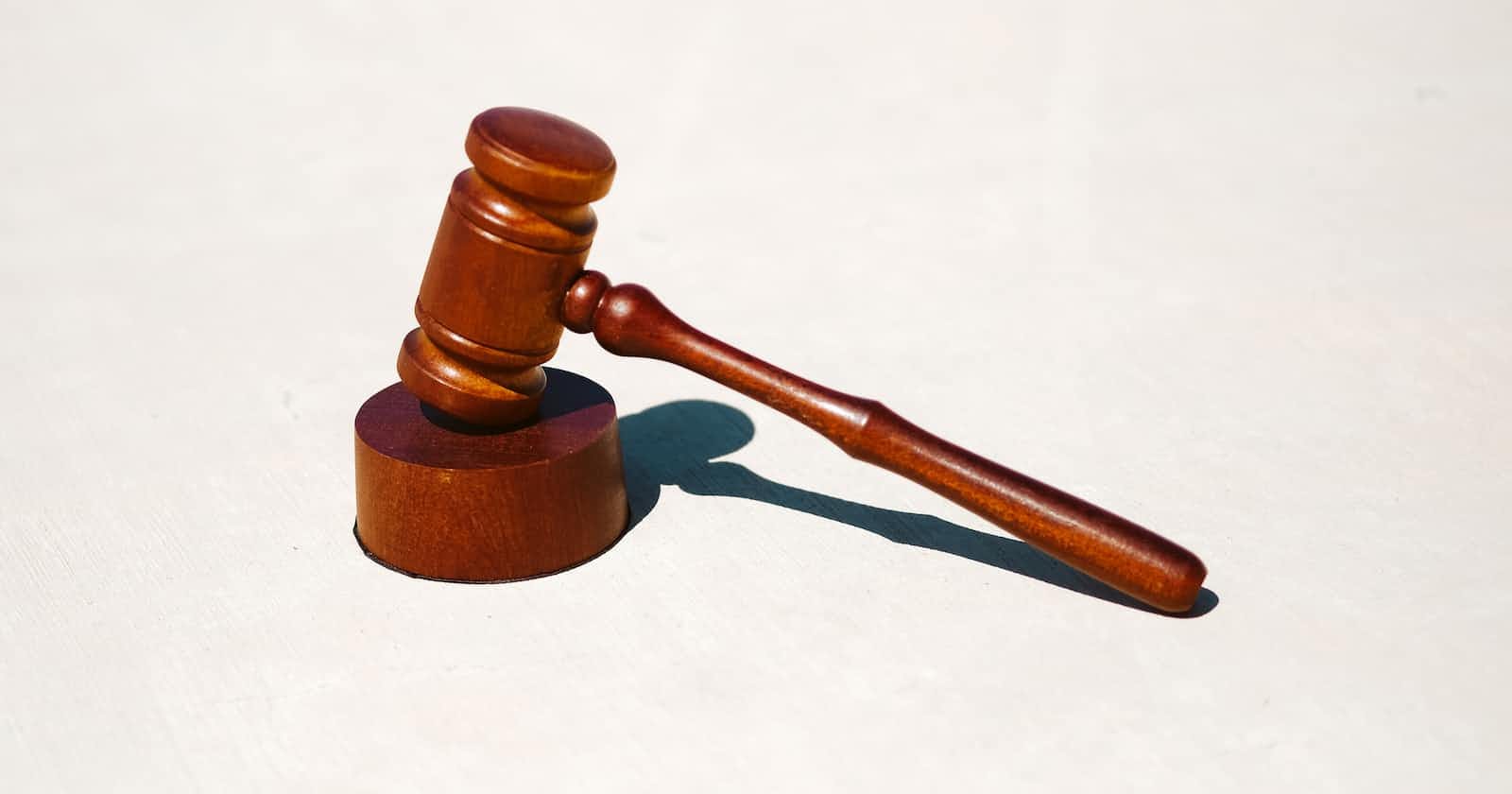
Photo by Tingey Injury Law Firm on Unsplash
Reasons Why Justice Can’t Be Fully Achieved: An In-depth Look
Justice is one of the fundamental cornerstones of social life. However, we face a complex problem: the inability to fully achieve justice. Here are the main reasons why justice cannot be fully realized:
1. Human Error and Prejudice:
People entrusted with certain tasks to enforce justice — including judges, prosecutors, jury members, and even lawyers — can make erroneous decisions. The prejudices, misconceptions, and mistakes of individuals can consciously or unconsciously obstruct the full realization of justice.
2. Economic Inequality:
Economic inequality poses a significant barrier to achieving justice. The economic gap between individuals and communities can lead to injustice in the judicial process. For instance, individuals with greater economic resources can afford more skilled lawyers and mount a more effective defense.
3. Political Factors:
The government or leaders of a country can obstruct the full realization of justice. Political pressures and interests can result in justice being disregarded. Particularly in authoritarian regimes, justice is often sidelined in favor of the government’s desires.
4. Legal Loopholes and Interpretation of Laws:
Laws generally reflect a society’s understanding of justice. However, gaps that emerge in the interpretation and implementation of laws can obstruct the full realization of justice. Moreover, existing laws might be flawed, erroneous, or outdated, leading to injustices.
5. Access Inequality:
Achieving justice relies on individuals having equal access to the judicial system. However, factors such as language barriers, geographical location, and economic status can limit individuals’ or communities’ access to the justice system, preventing full justice from being achieved.
6. Technological Inequality:
As technology and digital transformation rapidly advance, inequality in this area can prevent full justice from being achieved. Individuals or communities that can’t access technological resources can be at a disadvantage in the process of achieving justice, particularly with access to online legal services and defense against digital crimes.
7. Cultural and Social Norms:
The cultural and social norms of a society can obstruct the full realization of justice. Prejudices and discrimination based on gender, race, ethnicity, religion, age, or sexual orientation can create significant barriers in the process of achieving justice.
8. Lack of Education:
The fact that individuals are unaware of their legal rights or do not know how to exercise these rights is another factor that prevents full justice from being achieved. Education and awareness campaigns can alleviate this problem.
9. Underreporting of Crimes:
Underreporting of crimes, especially sensitive crimes such as sexual assault or domestic violence, hinders justice. Victims may refrain from reporting crimes for various reasons, which prevents justice from being fully implemented.
10. Complexity of the Legal System:
The legal system and judicial processes are often complex. This complexity can be a barrier in individuals’ process of exercising their legal rights and achieving justice.
Conclusion:
The reasons mentioned above represent various barriers leading to the inability to fully realize justice. However, this does not mean that solutions can’t be found to achieve justice. Overcoming these obstacles is not an easy process; it requires the participation of all sections of society and the active role of governments.
Measures such as informing individuals about their legal rights, extending technological facilities to a wide audience, and eliminating economic and educational inequality can be steps towards solving these problems. Furthermore, a judicial system that is free from political pressure, bias, transparent, and accountable will be a significant step towards fully achieving justice.
All these efforts aim to overcome the barriers to fully achieving justice. Although this does not guarantee a solution, it is every individual’s responsibility to strive towards
